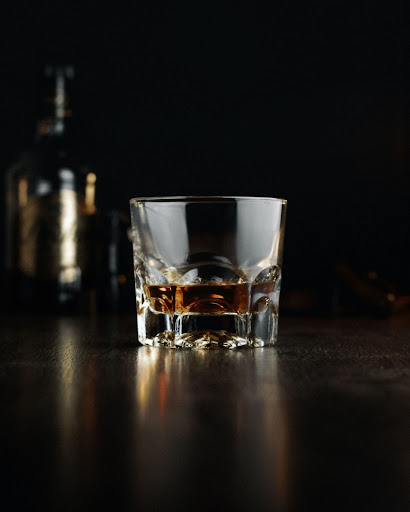There are numerous kinds of whisky, and each one must conform to a set of distinct standards. As a result, every bottle of whisky is different. in this article, we will be exploring Single Malt scotch whisky in greater depth.
Single Malt
single malt scotch is produced using mostly barley but exclusively distilled at one location. It is similar to the specialty of the distillery. Each whisky distillery creates its own unique and specific single malt using a variety of processes and techniques.
The phrase ‘single malt’ defines the whisky produced during the maturing phase. A thorough understanding of the phrase is critical to understanding what makes single malt whisky unique. Firstly, Let's look at the phrase 'single' carefully. This is the most complex aspect of the phrase since it can describe a variety of whisky-related things.
People often believe that the term 'single malt whisky' signifies that the whisky must have been produced from a single batch, or a single barrel, of whisky. However, the reverse is true. In fact, almost all single malt scotch whiskies are blends. Blending is the process of combining whisky from different casks and of varying ages to make the finished product. Blending different casks' influences in producing single malt whisky is a method of achieving the right balance of flavours.
What else can 'single' refer to if not the barrel or batch? 'Single' in 'single malt whisky' simply indicates that the whisky is produced by a single distillery. Therefore, all of the single malt whisky must have been produced from one distillery, since whisky from many different casks can be present.
There are many different single malts produced at distilleries, each of which is matured for a different length of time in oak casks. The age of the whisky in a single malt scotch can range from a young 10-12 year bottle to an 18-21 year bottle! The bottle will tell you the youngest whisky used in the whisky. For example, if you purchase a 12-year-old bottle, you might be drinking a bottle that includes even older whisky.
Join our Whisky Club at BARREL & BATCH we share great whisky with great friends.
Why are some single malt whiskies more expensive than the others?
The popularity of single malt has increased dramatically over the last few decades, and the Scottish single malt market grew by 14.2 per cent in 2017, reaching $1.5 billion.
It really isn't much of a surprise to find out that single malt whisky is one of the most costly alcoholic beverages of all time. What makes some single malt whisky more expensive than others? let's try to answer that question.
Firstly, single malt whisky is made using one type of malted grain (typically barley). Next, Prior to ageing in barrels, fermenting, and bottling, grains are distilled into an alcoholic beverage after the yeast has converted the sugars into alcohol. Single malt scotch whisky is renowned for its rich, woody flavour with notes of caramel, vanilla, fruit, or nuts, which are also warmed and amplified simultaneously, resulting in a uniquely smooth taste. There is also a smoky, peaty flavour in scotch.
Single malt whisky is renowned for being costly, and experts concur that the process is what makes them so. For example, Barley is first ground and then mixed with spring water to make a sweet, tangy liquid called wort. After heating the mixture to 64-66 degrees Celsius, the barley turns into sugar, which then dissolves into the wort. After the wort has been drained and cooled, it is passed into washbacks. Then, the wort is heated and condensed in copper wash stills for its first distillation and again in spirit stills for its second distillation. The final liquid is now ready for maturation, and it is batched with spring water in casks. The cask matures in the warehouse, becoming more delicious and expensive as the year's pass.
What else adds to the price?
Every bottle is of more value because of its consistency. Perhaps the most significant factor affecting the price of single malt whisky is the limited quantity available of that bottle. How is it possible? During the ageing process, 30-40% of the alcohol is evaporated in the barrel or 1% each year of the whiskey's life. When a spirit is distilled, over 50% of the alcohol evaporates through the process of nature known as 'the angel's share'. Hence, the fewer bottles left in the barrel as the whiskey ages make it expensive. 'Devil's Cut' is another reason why single malt whiskies are costly. When whisky is aged in wooden casks, some of the flavour and character are lost due to the casks absorbing the whisky’s distilled spirits.
We hope this quick overview should have improved your knowledge about Single Malt whisky. Join our Whisky Club at BARREL & BATCH we share great whisky with great friends. Good luck with your taste!



































